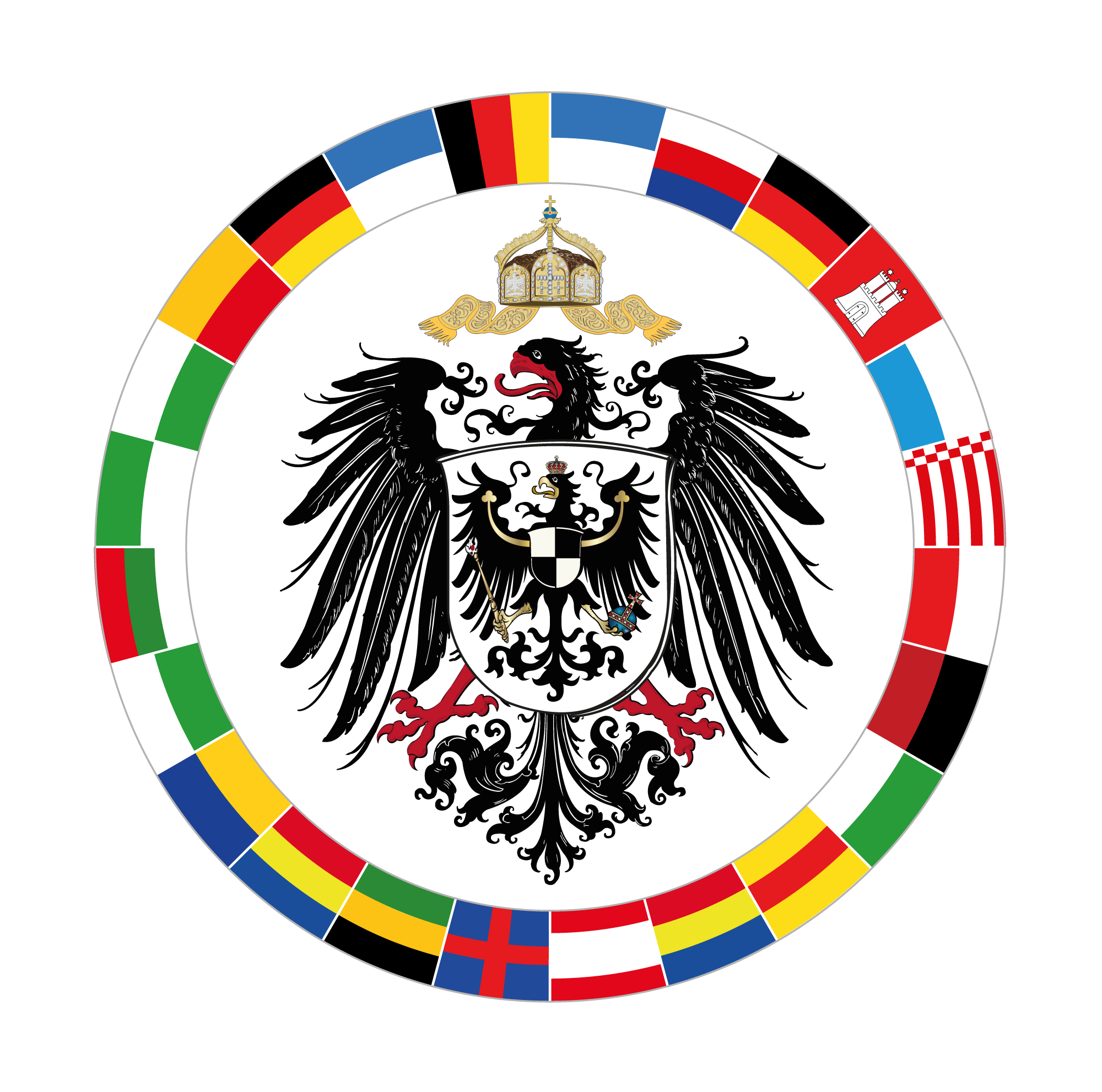74 WILIHELN-N- DER SIEGEREICHE
Page LINE
2. 2. bestand auf seiner Forderung: bestehen auf ####“
to insist on’; bestehen aus ###to consist of.
„, 7. Königin Luise: see genealogical tablc. „Eine der edelsten
Frauen, welche je die Königskrone getragen.“
„ 8. war es wohl erlaubt: wohl= presumablIy’ probably?,
assuredly’ certainly according to the context, besides the
primary meaning well.' Similar employment of the word
is to be seen im—
der letzte Kampf war wohl (' doubtless’) schwer.
daß er doch (after all') wohl (’ Pprobably’) eine tapfre
That vollführt habe.
es hatte sich auch wohl ( certainly’) vieles überlebt.
For other examples see p. 20 l. 30. p. 22 1. 29, p. 31 1. 12,
p. 48 I. 7, p. 68 1. 26, p. 70 I. 3.
13. Königshause: the House of Hchenzollern, sc called from
the hill-Castle in the Rauhe Alp (Stammburg des Fürsten-
hausfes). Friedrich VI., Burggraf von Nürnberg, of this House
received Brandenburg in L415 from the Emperor Sigismund,
andralled himself Kurfürst Friedrich I. Adescendant became
the first king of Prussia (König von Preußen) on Jan. 18,
r17ol. and exactly 170 Fears afterwards, Jan. 18, 1871,
Wilhelm I. der Siegreiche was proclaimed Deutscher Kaiser
at Versailles.
15. Residenz is the town where the court resides
„ 2. Der . Zuschauer: notice the construction of these attribu-
tive clauses peculiar to German. They are often convenient
and help to avoid too many rclative and appositional
sentences. s a rule they can be best translated by a
relative clause, as here: :sof the spectators who had gathered
#on the Weissensee road.) There are a good many instances
in this bock and none of them too long.
Reierences to parallel passages: D. 4 I. 2, P. 4 l. 31,
P. 16 Il. 28.
26. aller Augen, the eyes of all'’; similarly unser sechs six
of us.’
3. 1. nach den „Linden“: Unter den Linden is the name of a
fine avenue in Berlin, so named from the rows of lime-trees
in it. It extends for about two-thirds of a mile, from the
Brandenburgerthor to the monument (Denkmal) aof Friedrich
der Grosse.
*7
*
„ 3. Stadtgemeinde: a town or community) under a municipal
government of magistrates and a committee (Ausschuß) of
the citizens.




